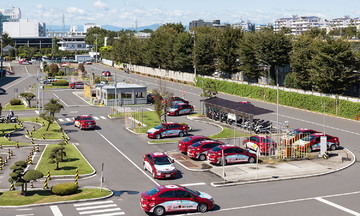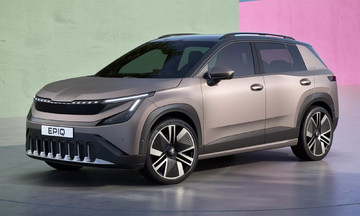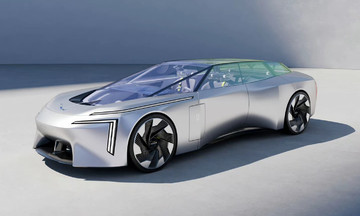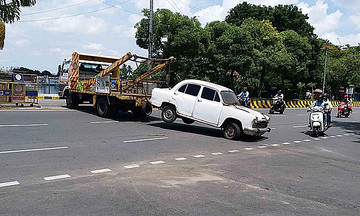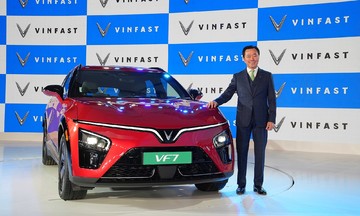The Tokyo metropolitan government announced a plan to deploy 600 hydrogen fuel cell taxis by the 2030 fiscal year, as part of a broader move towards clean and sustainable transportation. This marks Japan's first large-scale deployment of hydrogen taxis in public transit, demonstrating Tokyo's commitment to carbon neutrality.
The project kicked off this year with a target of 200 vehicles, 7 of which officially began operating last week. The Toyota Crown taxis boast a range of 820 km on a single tank, refuel in just three minutes, and produce zero CO2 emissions.
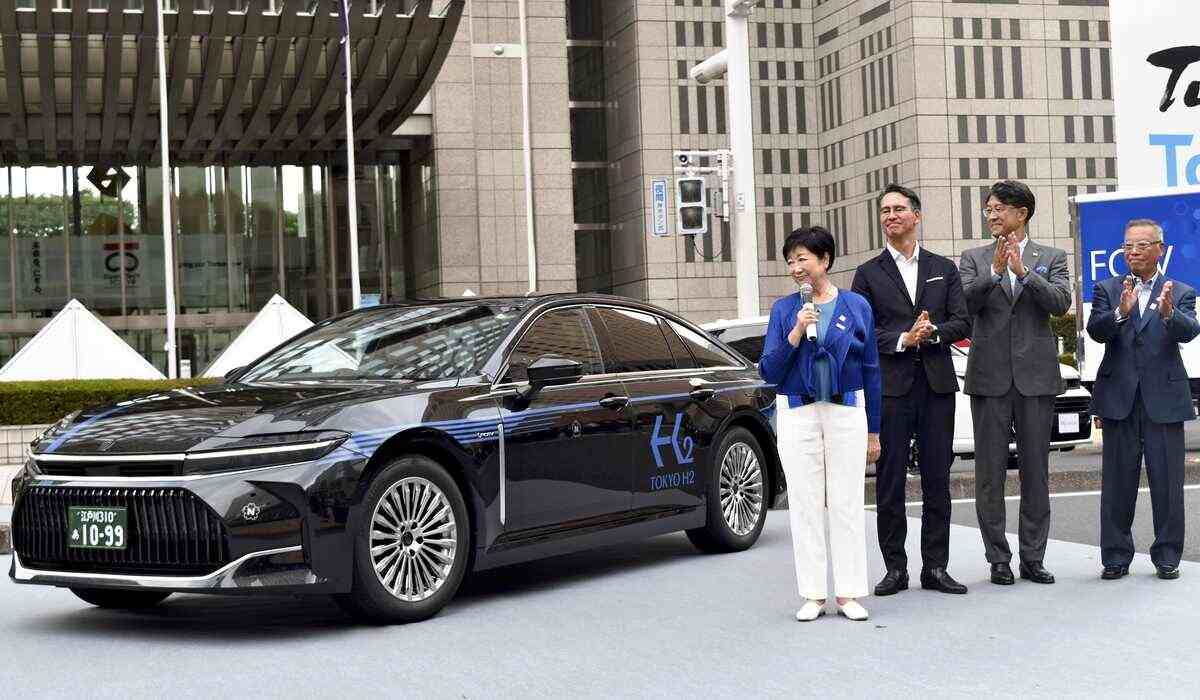 |
Toyota Crown hydrogen fuel cell taxi. Photo: Townflex |
Toyota Crown hydrogen fuel cell taxi. Photo: Townflex
The initiative, part of the "Tokyo H2 Project," is a collaboration between the Tokyo government and the Japan Hydrogen Association, involving both public agencies and private businesses. The city aims to have 10,000 commercial hydrogen vehicles, including taxis, buses, and trucks, by the 2035 fiscal year.
Tokyo Governor Yuriko Koike emphasized, "Hydrogen is key to decarbonization, and we want to accelerate this process." Koji Sato, President of Toyota Motor and co-chair of the Japan Hydrogen Association, believes that operating hydrogen taxis in Tokyo will significantly raise public awareness of this energy source.
The introduction of hydrogen taxis is not just a technological upgrade, but a strategic investment in Japan's clean energy future. With their zero emissions, quick refueling, and long range, hydrogen vehicles are expected to be a viable alternative to electric vehicles, reducing reliance on fossil fuels.
For residents and tourists, these taxis showcase Tokyo's leadership in sustainability while offering a clean, quiet, and eco-friendly travel experience.
Ho Tan (Townflex)




